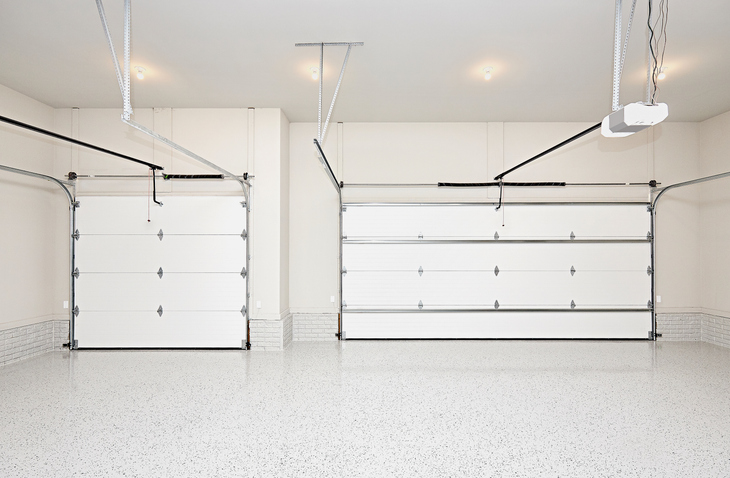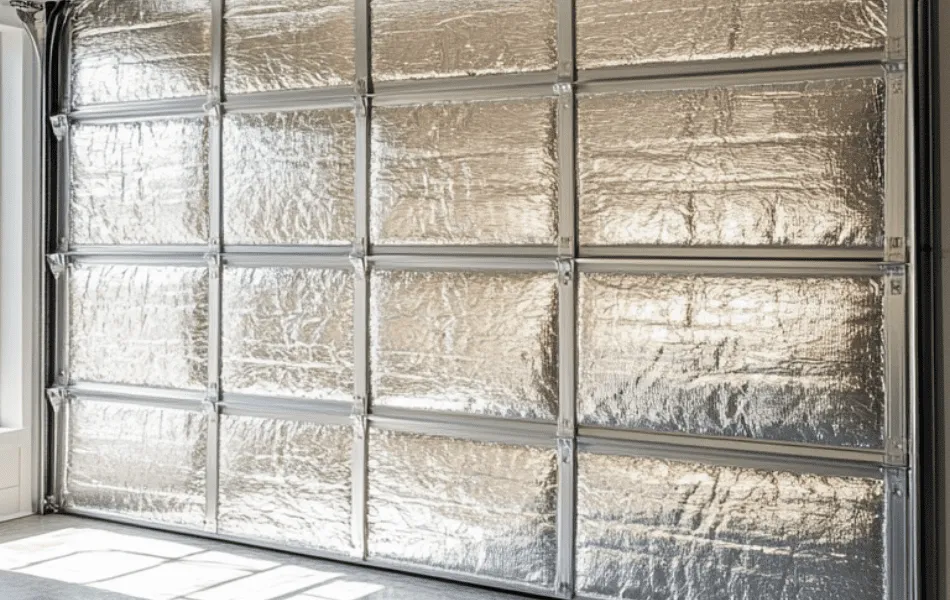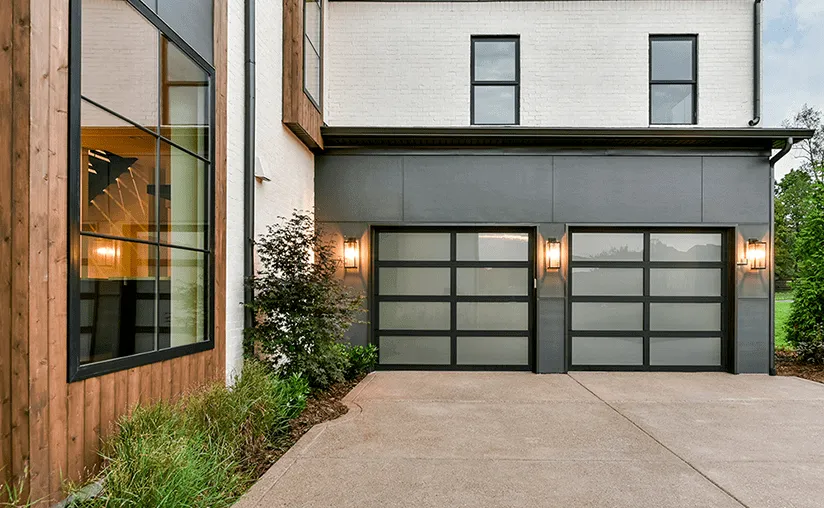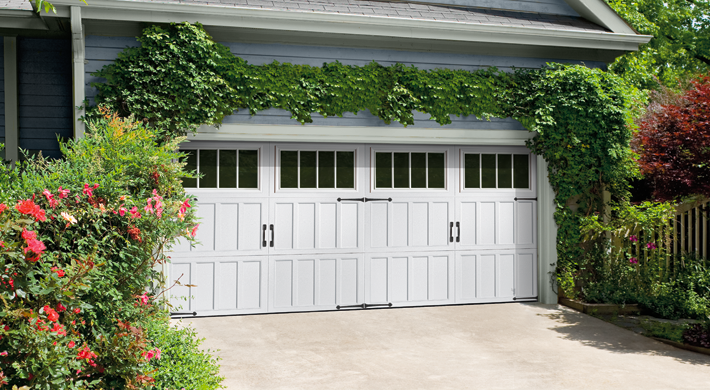For homeowners, a well-functioning garage door is essential. How to adjust garage door sensor requires understanding the mechanics and the right steps to ensure safety and efficiency. Identifying and correcting issues timely can save you from potential interruptions and costly repairs. In this guide, we delve into the nuances of garage door sensors and how to adjust them accurately.
Garage door sensors are crucial for the seamless operation of your garage door. Located on either side of the door, these sensors communicate to ensure that the door opens and closes without obstructions. Learning how to adjust garage door sensors can help in maintaining your door’s safety features and smooth functionality.
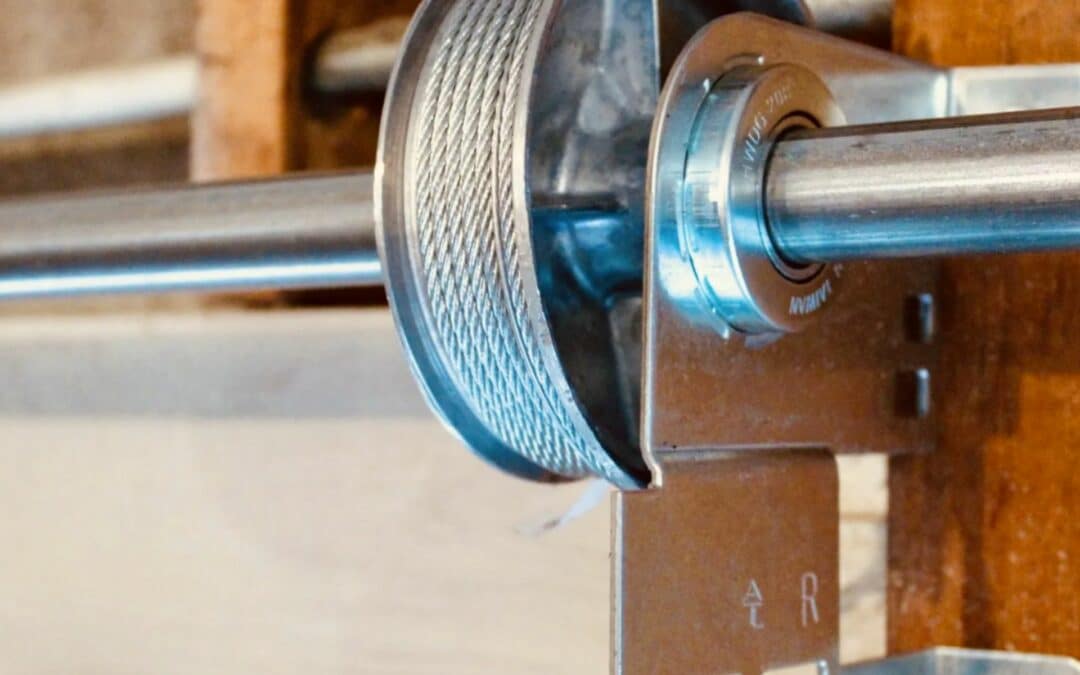
The Importance of Garage Door Sensors
Garage door sensors play a critical role in ensuring safety. They prevent the door from closing when there is an obstacle in its path. This is not just a convenient feature but also a crucial safety mechanism, especially in households with children and pets. Without properly functioning sensors, the risk of accidents increases significantly.
Why Adjust Garage Door Sensors?
Adjusting garage door sensors is vital for several reasons. Firstly, misaligned sensors can prevent the garage door from closing properly. This not only affects the convenience but also the security of your home. Secondly, incorrect sensor alignment can lead to unnecessary wear and tear on the garage door opener mechanism.
Common Signs Your Garage Door Sensors Need Adjustment
- The garage door wont close.
- The door reverses while closing.
- The garage door opener light flashes.
- Intermittent functionality of the garage door.
Tools Required for Adjusting Garage Door Sensors
Before starting with the adjustment, gather these tools for efficiency:
- Screwdriver
- Wrench set
- Level
- Measuring tape
- Soft cloth
Step-by-Step Guide on Adjusting Garage Door Sensors
1. Cut the Power Supply
Safety first! Ensure the garage door opener is switched off and the power supply is cut before you begin the adjustment process. This will prevent any accidental operation of the door while you work on the sensors.
2. Locate the Sensors
Garage door sensors are usually mounted on either side of the door, near the ground. They are typically small and box-like in shape. Understanding their position will help you in adjusting them accurately.
3. Clean the Sensor Lenses
Dust and dirt can accumulate on the sensor lenses, affecting their functionality. Use a soft cloth to gently clean the lenses, ensuring there is no debris blocking the sensors path.
4. Check Alignment
Using a level, check if both sensors are aligned correctly. They should be pointed directly at each other. Misalignment can occur if the sensor brackets are loose or if they were accidentally nudged out of place.
5. Adjust Sensor Positions
Once youve identified if the sensors are misaligned, adjust their positions. Loosen the screws holding the sensors and re-align them so that they face each other directly. Tighten the screws once youre satisfied with the alignment.
6. Secure the Sensors
Ensure that the sensors are secure and not wobbly. Tighten any loose screws or brackets. Stability is crucial for accurate functionality.
7. Restore Power and Test
Restore the power supply to the garage door opener. Operate the garage door to check if its functioning smoothly. Ensure there are no interruptions in the sensor beam and that the door closes without reversing.
Advanced Troubleshooting Tips
Check Wiring
Inspect the wiring connecting the sensors to the garage door opener. Look out for any signs of wear, tear, or disconnection. Reconnect any loose wires and replace damaged ones immediately.
Inspect the Sensor Lights
Most garage door sensors come with indicator lights. A stable light usually indicates proper function, while a blinking light could signal misalignment or obstruction. Understanding the light signals can help diagnose issues quickly.
Consider Environmental Factors
Sometimes, environmental factors like strong sunlight can interfere with sensor operation. In such cases, installing sun shields or relocating the sensors slightly might help.
When to Call a Professional
While DIY adjustments can fix most issues, certain problems might require professional assistance. If youve tried all adjustments and the sensors still dont function correctly, it might be time to consult an expert.
Contact a Certified Garage Door Technician
Professionals have the expertise and tools to diagnose more complex issues that might not be apparent in a DIY inspection. Seeking their help can save time and prevent further damage.
Ensuring Regular Maintenance
Regular maintenance of your garage door sensors can preempt most problems. Schedule routine checks and cleanings every few months to keep the sensor system in optimal condition.
Periodic Testing
Test your garage door sensors once a month. Place an object in the doors path to ensure the sensors detect it and prevent the door from closing.
Software Updates
Some modern garage door openers come with software updates that can enhance sensor functionality. Ensure your system is up-to-date with the latest software provided by the manufacturer.
Conclusion
Understanding how to adjust garage door sensors is crucial for every homeowner. Properly functioning sensors not only ensure smooth operation but also enhance safety. With this guide, you can confidently undertake DIY adjustments and maintain your garage door system efficiently. For more detai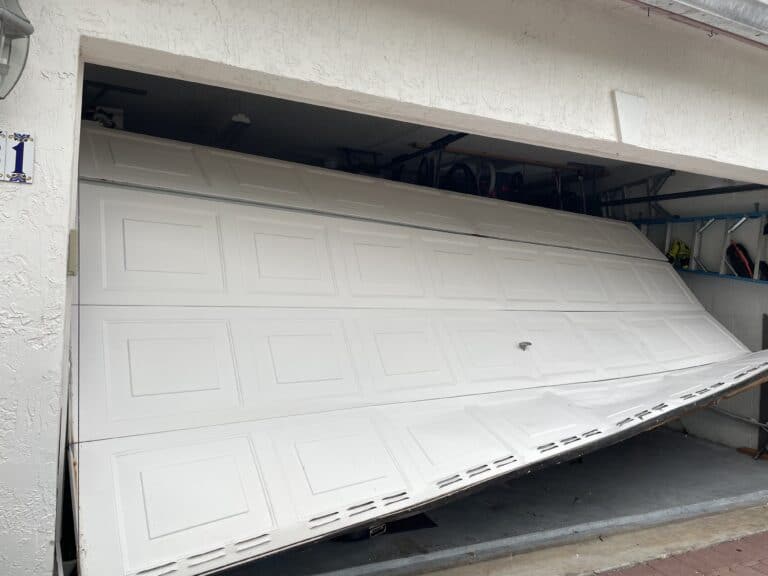 ls on maintenance and troubleshooting, refer to this blog post. If you require professional assistance, do not hesitate to contact qualified technicians.
ls on maintenance and troubleshooting, refer to this blog post. If you require professional assistance, do not hesitate to contact qualified technicians.
FAQs
What causes misalignment in garage door sensors?
Heavy vibrations, accidental nudging, or loose brackets can cause sensor misalignment. Regular checks can help in early detection and correction of such issues.
How often should I clean my garage door sensors?
Cleaning the sensors every few months can prevent dust and debris from interfering with their operation. However, if you notice frequent issues, consider cleaning them more often.
Can I replace garage door sensors on my own?
Yes, with the right tools and some technical know-how, homeowners can replace garage door sensors. If unsure, it’s advisable to seek professional help to ensure proper installation.
For further insights, read this external guide on maintaining gate operators and garage door openers.





